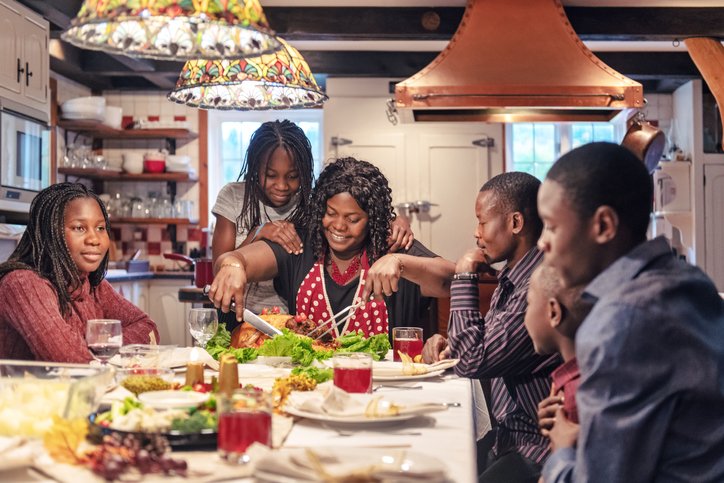Thanksgiving is a time for gratitude and reflection, but for those grappling with the absence of a loved one, the holiday can be particularly challenging. Coping with the void left by a missing family member or friend during this festive season requires a delicate balance of acknowledging the pain while finding ways to celebrate the cherished memories. In this article, we’ll explore the emotional nuances of Thanksgiving when a loved one is absent and offer guidance on navigating this complex experience.
The Weight of Empty Chairs: Understanding Grief on Thanksgiving
Grieving during Thanksgiving adds a layer of complexity to an already emotionally charged season. Whether the absence is due to distance, estrangement, or loss, the empty chair at the Thanksgiving table can evoke a myriad of emotions. It’s essential to recognize that grief takes various forms and that each person copes differently. Navigating this challenging terrain requires a blend of self-compassion and understanding from others.
Nurturing Gratitude Amidst Grief: Tips for Coping
Finding Solace in Shared Memories
One way to honor a missing loved one is by actively recalling and sharing cherished memories. Reminiscing about the joyous moments spent together can provide solace and create a shared sense of connection, even in their absence.
Establishing New Traditions
Creating new traditions can be a therapeutic way to navigate the void left by a loved one. Whether it’s cooking their favorite dish, lighting a candle in their memory, or engaging in a meaningful activity, introducing new customs can help redefine the holiday experience.
Seeking Support from Others
Acknowledging grief and seeking support from friends or support groups can be crucial during Thanksgiving. Sharing experiences with those who understand the unique challenges of missing a loved one can offer comfort and a sense of solidarity.
FAQs: Navigating Thanksgiving Without a Loved One
How can I include my missing loved one in the Thanksgiving celebration? Incorporate their favorite dishes, share stories about them, or create a memorial space with photos and mementos to honor their presence.
Is it okay to express my grief during the holiday gathering? Absolutely. It’s important to be authentic about your feelings. Communicate your needs to friends and family, so they can provide the support you require.
Should I avoid talking about the person I’ve lost to spare others’ discomfort? While it’s important to be considerate, sharing memories can bring solace to everyone. Gauge the atmosphere and choose moments when it feels appropriate.
How can I support someone who is grieving on Thanksgiving? Offer a listening ear, be patient, and avoid pressuring them to conform to holiday expectations. Small gestures of kindness and understanding can make a significant impact.
What if my loved one is physically absent but still alive? If the absence is due to estrangement or distance, consider reaching out with a heartfelt message or invitation. Sometimes, taking the istockphotofirst step towards reconciliation can be a powerful Thanksgiving gesture.
Honoring the Absent: Conclusion
Thanksgiving, with its focus on gratitude and togetherness, can be a poignant reminder of those who are no longer physically present. Navigating this emotional terrain requires a blend of acknowledging grief, creating new traditions, and seeking support from others. As you navigate Thanksgiving without your loved one, remember that it’s okay to feel a mix of emotions. Cherish the memories, honor their presence in your own way, and embrace the support of those around you. In doing so, you can find a delicate balance between acknowledging the pain of absence and cultivating gratitude for the enduring impact of the ones we love.

